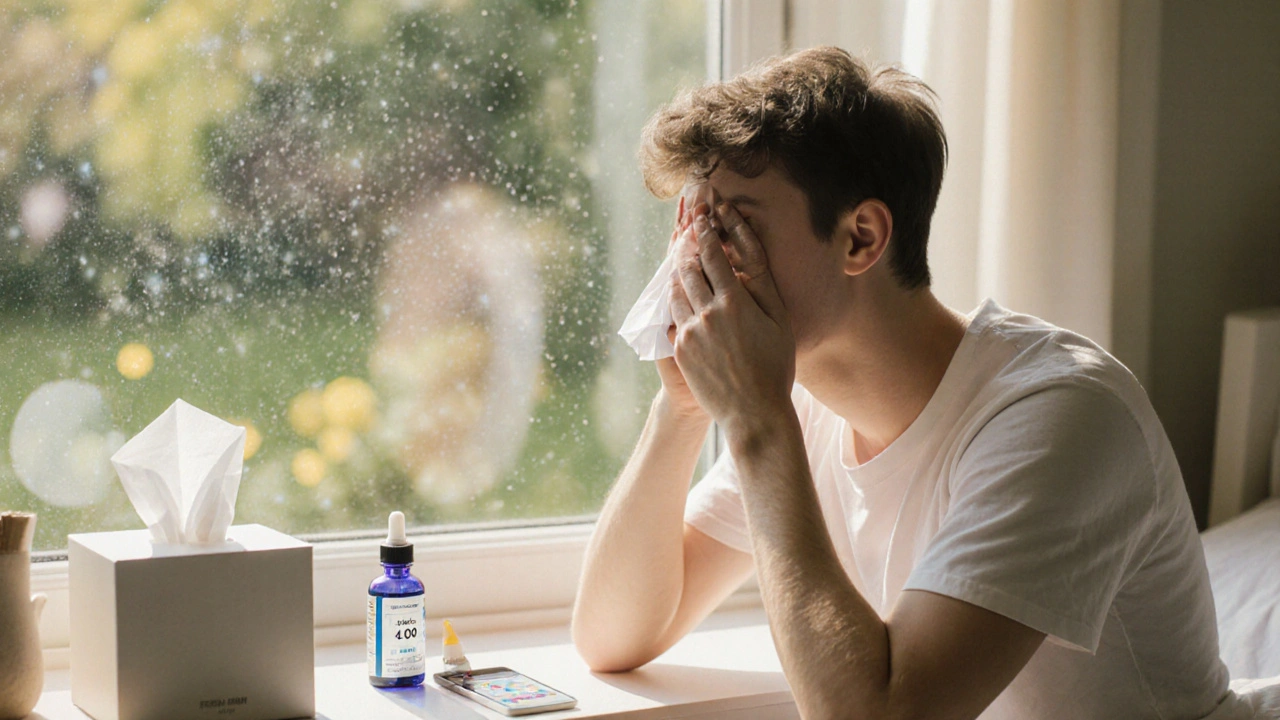Seasonal Allergy Treatments: Effective Relief and What Actually Works
When pollen, mold, or ragweed hit hard, your nose runs, eyes itch, and breathing feels like a chore. Seasonal allergy treatments, medications and strategies used to reduce symptoms triggered by environmental allergens during specific times of year. Also known as hay fever, these reactions affect millions every spring, summer, or fall—not because you’re weak, but because your immune system overreacts to harmless particles. The good news? You don’t have to suffer. There are clear, science-backed ways to take control.
Most people start with antihistamines, drugs that block histamine, the chemical your body releases during an allergic reaction. Also known as allergy pills, they’re the first line of defense for sneezing, runny nose, and itchy eyes. Brands like Zyrtec, Claritin, and Allegra are widely available, work fast, and don’t make everyone sleepy. But not all antihistamines are the same—some last longer, others are gentler on your system. If one doesn’t help, try another. It’s not about finding the "best" one, it’s about finding the one that works for you. If pills alone aren’t enough, nasal corticosteroids, sprays that reduce inflammation in the nasal passages. Also known as steroid nasal sprays, they’re the most effective long-term solution for congestion and post-nasal drip. Flonase, Nasacort, and Rhinocort are all over-the-counter now, and they work best when used daily, even before symptoms start. People often skip them because they don’t feel instant relief, but they’re like brushing your teeth—consistent use prevents bigger problems. You don’t need a prescription to try them, and they’re far safer than long-term decongestant sprays, which can make things worse.
Some folks turn to natural fixes—saltwater rinses, local honey, or herbal supplements. They can help a little, especially as side support. But don’t mistake them for replacements. If your allergies keep you awake, limit your time outside, or make you miss work, you need real treatment. The posts below cover exactly that: what works, what’s overhyped, and how to pick the right option without wasting money or time. You’ll find real comparisons of Zyrtec and other antihistamines, tips on using nasal sprays correctly, and even how to avoid sneaky triggers hiding in your home. No fluff. No guesses. Just what actually helps people with seasonal allergies get through the year without reaching for a box of tissues.

